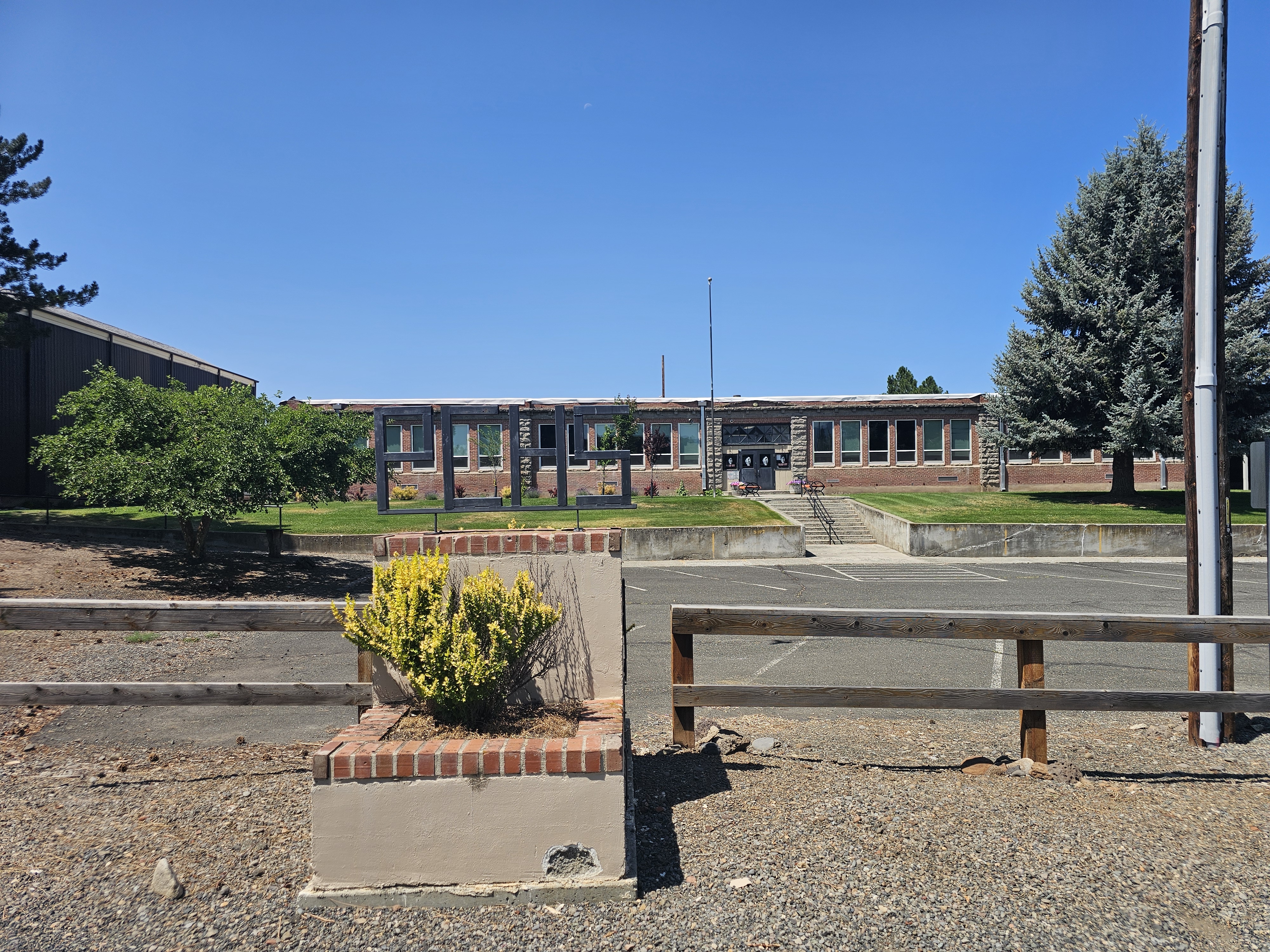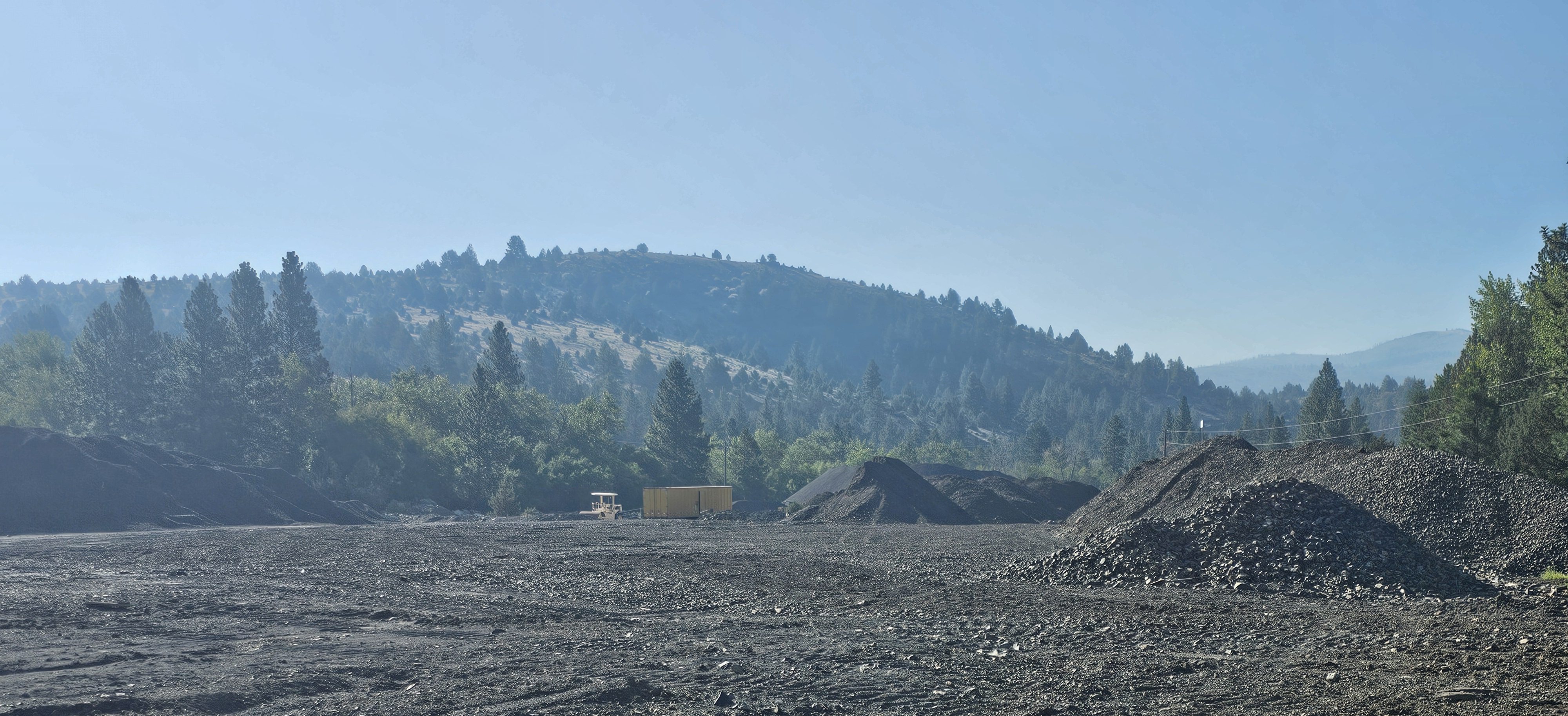Our View: Oregon Forest Resources Institute still needed
Published 12:00 pm Tuesday, August 3, 2021
The Legislature created the Oregon Forest Resources Institute 29 years ago during the timber wars, which featured battles over logging, fierce debates over the role of state and federal forests in the timber industry and, most remarkably, the protection of the northern spotted owl under the federal Endangered Species Act.
Trending
The stakes were huge for Oregon’s economy. Since 2001, the timber industry has lost 15,000 direct jobs — a drop of almost 18%.
The Legislature’s primary goal was to create an agency that would provide information and educational material to the public and schools about the timber industry and how it operates.
The problem: The legislation creating the OFRI was vague about how that would be done.
Trending
Fast forward to 2021 and a state audit that found the institute needs more oversight and direction.
The audit, requested by Gov. Kate Brown, followed criticism that the OFRI had lobbied the Legislature. Though many state agencies have “legislative liaisons” that do pretty much the same thing, critics felt the institute was out of line.
Any confusion can be attributed to the poorly written state law.
“Portions of OFRI’s statute are broad and vague, contributing to this ongoing lack of clarity as to what exactly OFRI is and what rules it is expected to follow,” according to the audit.
The legislative record referenced in the audit shows lawmakers themselves were unclear about how the institute should operate. If legislators didn’t know and didn’t write a law that was clear, how could OFRI’s leaders know?
The audit compares the OFRI to the 22 commodity commissions, which the state Department of Agriculture oversees. The trouble with that comparison is that in 1991, when the OFRI was created by the Legislature, commodity commissions weren’t state agencies. They were taken under the ODA’s wing years later because of a series of judges’ rulings that found the state could not require growers to give money to private commissions.
By transforming the commissions into state agencies the Legislature solved that problem. That allowed them to promote the crop and fund research — and lobby the Legislature.
With the benefit of 20/20 hindsight, the Legislature probably could do the same with OFRI, except put it under state Department of Forestry instead of the ODA.
We would encourage legislators to consider doing that.
In the meantime, the audit makes four suggestions to the OFRI and one to the Legislature. In its response, the institute’s director agreed to all of them. They include writing a single mission statement to follow and policies to make OFRI staffers follow what the state statute appears to say but does not specify. Again, the statute is the root of the problems.
Earlier this year, some legislators tried to slash the OFRI’s budget — which comes from the timber industry in the form of harvest taxes — as some sort of retribution for past transgressions, real or imagined.
That would be wrong.
The OFRI can and should play a role in keeping the public informed about the timber industry, which continues to be an important part of the state economy.









